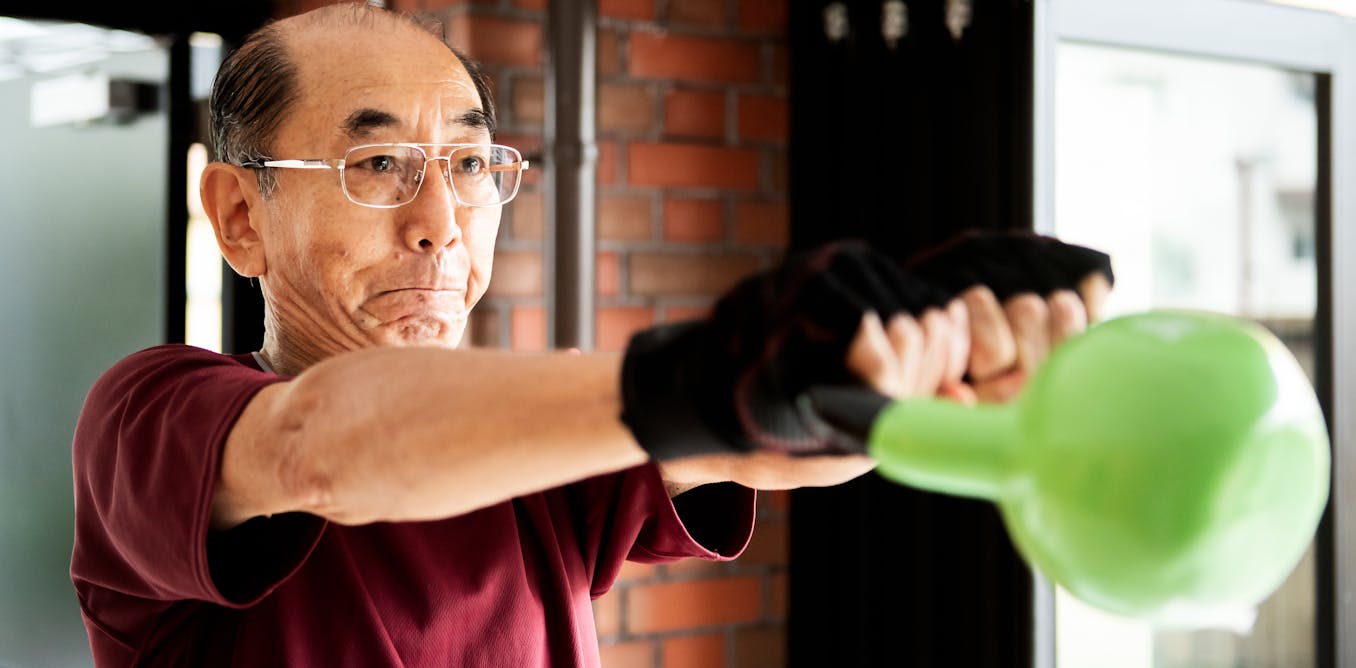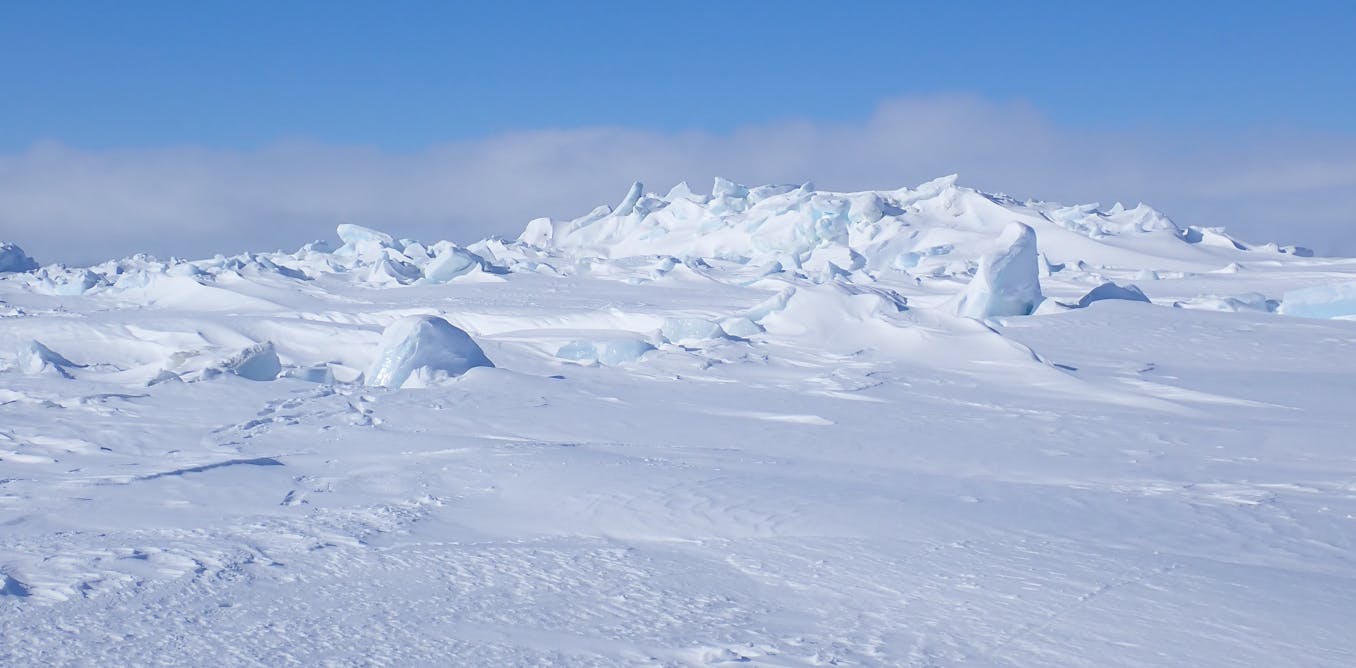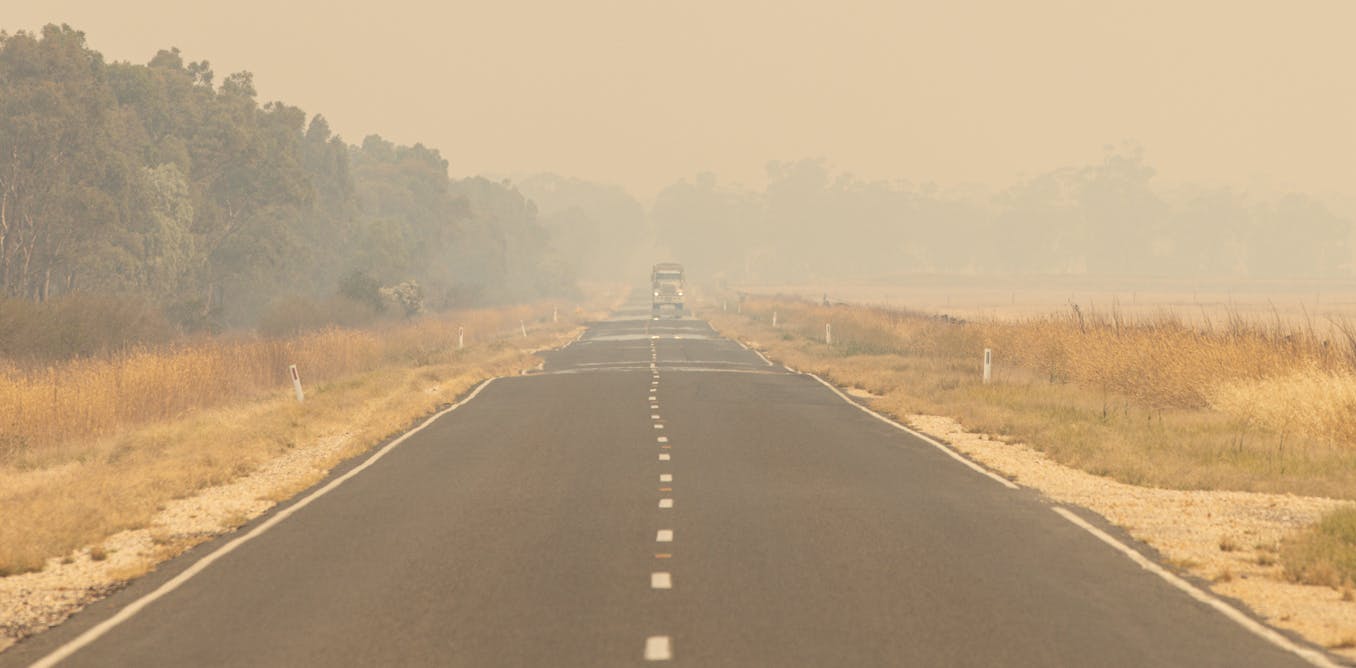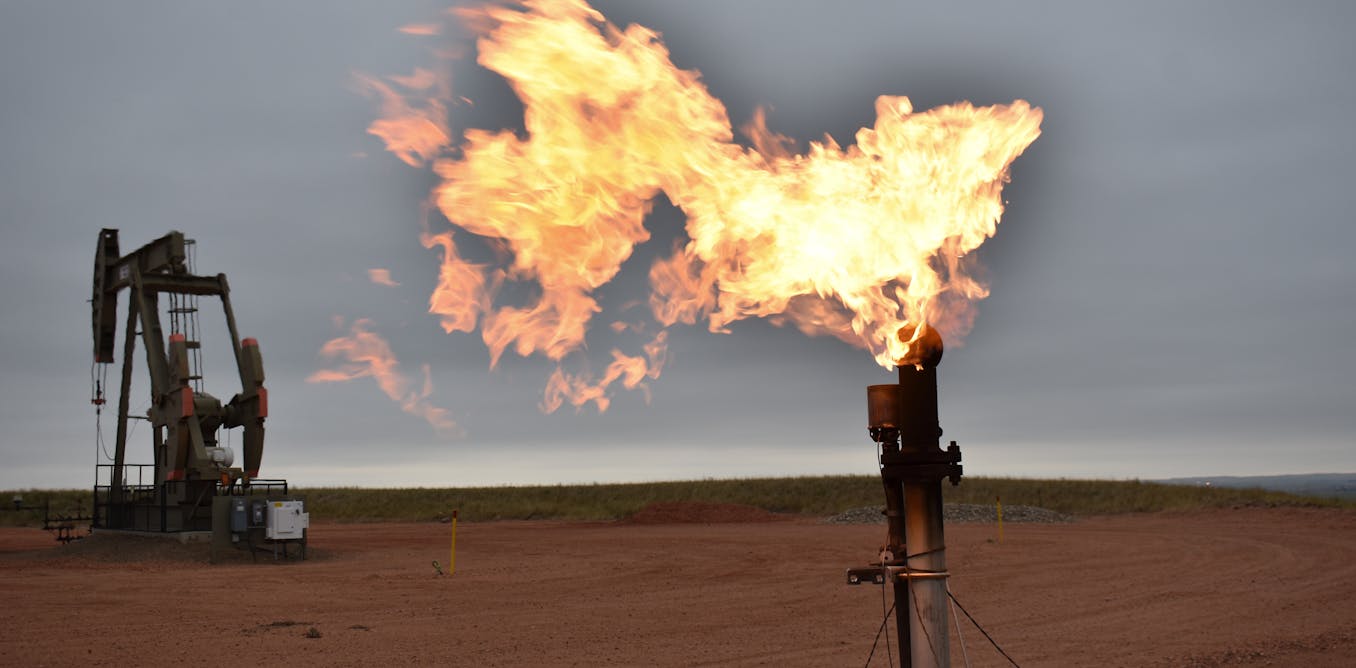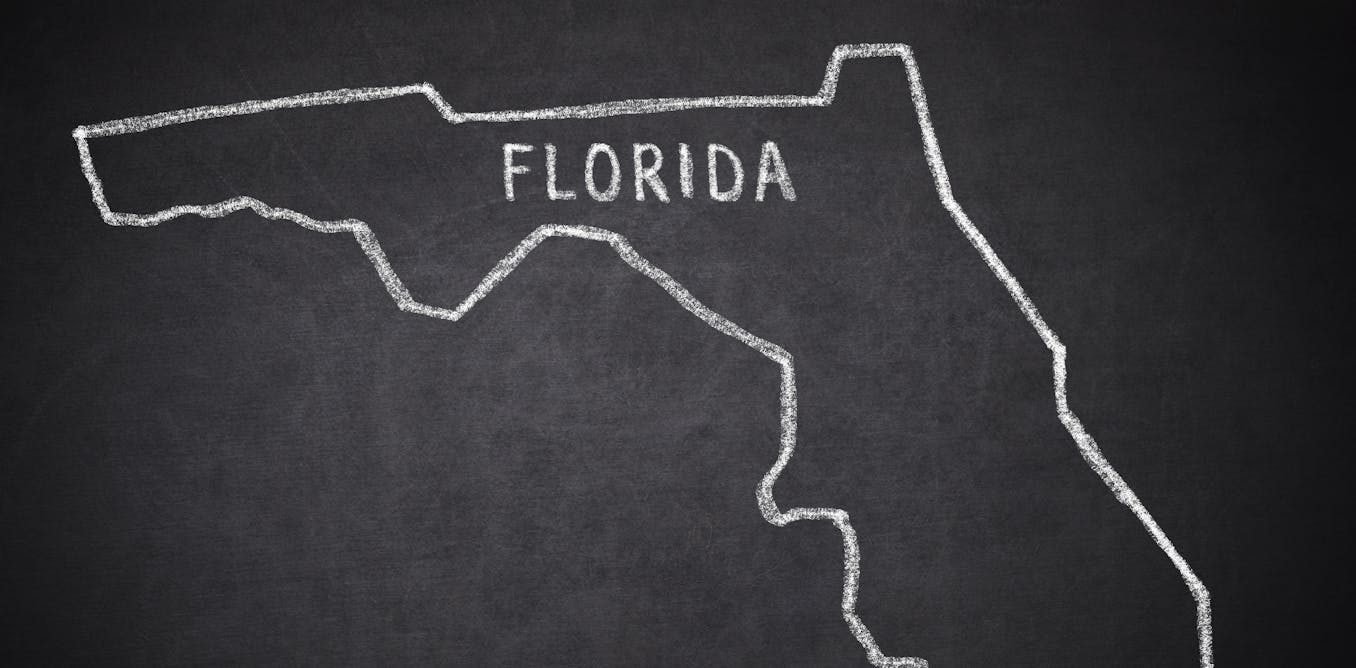The Indian Relay horse race is a thrilling and dangerous sport that has been kept alive by Native Americans for centuries. This traditional race involves as many as six Thoroughbred racehorses and their riders, who compete without saddles or protective gear. The riders must make daring leaps from one horse to another during intense exchanges, with collisions and injuries being common occurrences. Despite the risks, the passion for the sport runs deep among the participants, who view it as a way to connect to their culture and heritage.
The “60 Minutes” video explores the origins and evolution of Indian Relay, highlighting the athleticism, danger, and excitement that characterizes this extreme sport. Through interviews with riders and organizers, viewers gain insight into the deep bond between the riders and their horses, as well as the challenges and rewards of competing in Indian Relay. The video provides a fascinating look into a little-known sport that showcases the resilience and spirit of the Native American community.
Watch the video by 60 Minutes
The horse has played a central role in the history and mythology of many Native American tribes the shason crow blackfeet Sue and other tribes first saw horses when Spaniards brought them to this continent 500 years ago and have used them in hunting and in battle ever since collectively these tribes call
Themselves The Horse Nations as you’re about to see men and women from those tribes also use horses in a sport that fans have dubbed America’s original extreme sport the tribes call it Indian relay its roots date back centuries and it’s one of the most exciting dangerous and inspiring things you’re ever likely to
See the story will continue in a moment welcome to the 2023 championship ctions we start at the start in Indian relay as many as six Thoroughbred racehorses are brought to a start line drawn in the dirt the horses are beback no saddles or stirrups their Riders wear
No protective gear at the sound of a horn they leap aboard and tear down the [Applause] track to actually get on a horse bear back and run as fast as you can or around is easy that’s easy yeah Ken realbird is a sort of senior Statesman
Of Indian relay is going to be the team and announces races all over the American West these horses are able to run like you wouldn’t believe on but the hard part comes from jumping off wait what after the ride ERS race one lap around the half mile track on
Ra they all speed into a sort of eoin Pit Row where teammates are waiting with Fresh Horses for what’s known as The Exchange so he has to come in gear down enough and then angle that horse in it’s going to come in first he gets off and
Takes one two three steps and he’s on to the back of that horse boom there he goes here comes Carl Ken realbird makes that flying leap from one horse to another sound simple it is not it’s more like a dangerous chaotic dance with riders and horses from six teams all trying to do
The same thing at the same time in the same space you have what they call the setup maning their job primarily is to have that horse in the proper position as a rider comes in now here they come simultaneously you have a guy who’s usually a Nimble guy on his
Feet and he’s got to catch that horse coming in at 15 M an hour that horse he really doesn’t care about your feelings a third member of the pit crew is holding a third horse because the Riders must do another leap for another lap go Austin go it’s exciting but it’s it’s dangerous
Too isn’t it yeah a lot of injuries almost every heat will have some of the guys getting run over it’s going to be a collision can you imagine the front line of Kanas City Chiefs all combine in one and just run over you that’s what it’s going to feel like
Because that horse is 1,000 lb injuries to both horses and humans are part of the sport the team that best avoids collisions and wins that third lap on a third horse can be forgiven for showing off at the Finish well that was a great raise Ken realbird says the roots of
Modern Indian relay are in the horse stealing raids that tribes once staged against white settlers and each other these young men of the different nations would travel when it was middle of the night they would come and take the prize horse and hide tail it back to their
Home country they exchang horses as they were running mhm cuz they were being pursued and so that’s pretty much the origin of the Indian really uh sport that we know today races in the organized sport were first conducted in the early 1900s when they first started out majority of these races were happening
More in within their own communities native communities on them reservations I’ve seen some races Calvin ghostbear is a member of the Sue tribe seven Heats eight heat and president of organization called the Horse nation’s Indian relay Council what we do with horse Nations is we basically took a lot of the the races that were within the tribal Nations brought them out into the mainstream now we’re bringing it on to a bigger stage last Summer’s Indian relay circuit crisscrossed the west and climaxed in Casper Wyoming with a three-day
Championship event that celebrated tribal culture in song and drum and dance and offered more than $100,000 in prize money thanks to sponsorship from a casino owned by the northern Arapaho tribe this is the ladies it included a women’s division it’s two laps and two horses rather than the three and three in men’s
Races but the athleticism and danger are every bit as evident now there’s no quitting these kids there’s also a kids Indian relay takes a great tumble with riders as young as six racing on ponies climbing on and falling off he’s going to be all right those are the guys that
Grow up to be the great Riders the great setup men because they’re all Horsemen and it’s like that in every reservation on the black feet reservation in Montana we met Irvin Carlson and his son Chaz who have been competing in Indian relay for years Chaz is one of the most seasoned
Riders on the summer circuit for Relay making you good in the sport is just practice practice practice and years of experience looks like Chaz is off Chaz is Chaz is up front yay another team we followed through the summer circuit is led by 23-year-old Tuesday wasaki from the shason tribe in
Wyoming her younger sister Zia is the rider for their women’s team both feel a close connection to their horses if you’re having a bad day and it’s just not going your way you can go out and you can catch your horse and ride him and things things will just seem to be
Better I think that’s just how it is Mason Redwing feels the same Bond and obligation to care for his horses it’s really something special because we’re all here for one purpose and it’s it’s the horse just setting up over here Mason hailes from the crow Creek Sue reservation in South
Dakota when I was younger I I didn’t know why I used to feel such anger and animosity towards my own people I I didn’t want to be Native American and uh the horse helped me you know reconnect with my culture and be proud of who I am
And proud of where I’m from why were you feeling you didn’t like being a Native American growing up where I’m from on the reservation you you see a lot of things that make you not proud to be where I’m from alcoholism drug addiction uh drug abuse uh suicide suicide rates
On the reservation are four or five times the national average my own father was uh succumbed to alcoholism uh so it really hit home you said the horse saved your life yep yes sir essentially you think it does that for a lot of young Native American Kids think so there’s a
Lot of kids out there that are just that are just looking for for that doorway there’s little glamour in Indian relay and lots of hard work every team is self-funded and nearly everyone has a day job to help pay the bills but the sport is on the rise prize money is
Increasing and 67 teams competed in last Summer’s championships the quality of horses is rising too teams go to Major racetracks like Churchill Downs home of the Kentucky Derby to buy sprinters well suited to Indian relay Kentucky that would be the ultimate a demonstration race before the
Derby that would be that would be my goal lots of Thrills and hopefully no spills today each team competed in one heat each day of the Championships their cumulative time from the first two days determined whether they made the final championship Heat on Sunday is the race usually won or lost
In the exchange yeah it’s like a really team in track and field but in Indian relay exchanges involve six Riders 18 horses 18 other humans and a cloud of dust from what I’ve seen it’s like chaos chaos in the block going to be OB do Tuesday waki’s women’s team made the
Championship Heat in Casper OB do is right there and her sister Z had a clean Exchange in that race they finished a close second I don’t know you get demoralized or does it make make you more determined it makes me more determined man I’d be out here mad as
Hell but I shouldn’t be winning it all is going to be the time and the first place women’s Relay Team came from the coveville reservation in Washington state with ryer tiia ttoa is this your first championship no I actually won the first one in Wala Wala all right yeah
When I was 13 and how old are you now 17 17 yeah wow are you going to do it again next year yeah we I’m going to do it as long as I can I love this game the day before we had watched tiia wiah heat with her arms raised in a pose
Of Triumph and strength it is how we connect to the Warriors of the past the Warriors of 200 years ago it’s that same bloodline of that Warrior that is going cursing through their blood Mason Red Wing over 3 days of heat we watched Mason Redwing and his team go
From dirt pounding frustration when an exchange went wrong to exultation as another went right good good good cuz we’re always searching for that perfect run they didn’t quite find it in the finals it’s for the championship of the world the team that did was the one we’d first met months
Earlier on the black feet reservation Irvin Carlson and his son Chaz so we’ve been following you like all summer like this is the culmination of everything you’ve done all all year so does this give you bragging rights for a year or what oh yeah oh yeah oh yeah hey hey
Heyy as a tribal Elder sang a traditional praise song in honor of their Victory and organizers presented them with a check for $20,000 give him a nice round of we noticed a group of kids at the rail on their ponies watching intently what the horse done for me I
Know the horse can do that for everyone a thousand times over and and I’m I’m a firm believer in it I I know for a fact it can it can bring our young men and our young women back
About 60 Minutes
“60 Minutes,” the most successful television broadcast in history. Offering hard-hitting investigative reports, interviews, feature segments and profiles of people in the news, the broadcast began in 1968 and is still a hit, over 50 seasons later, regularly making Nielsen’s Top 10.
Video “Indian Relay horse race dubbed “America’s original extreme sport” | 60 Minutes” was uploaded on 04/01/2024 to Youtube Channel 60 Minutes







